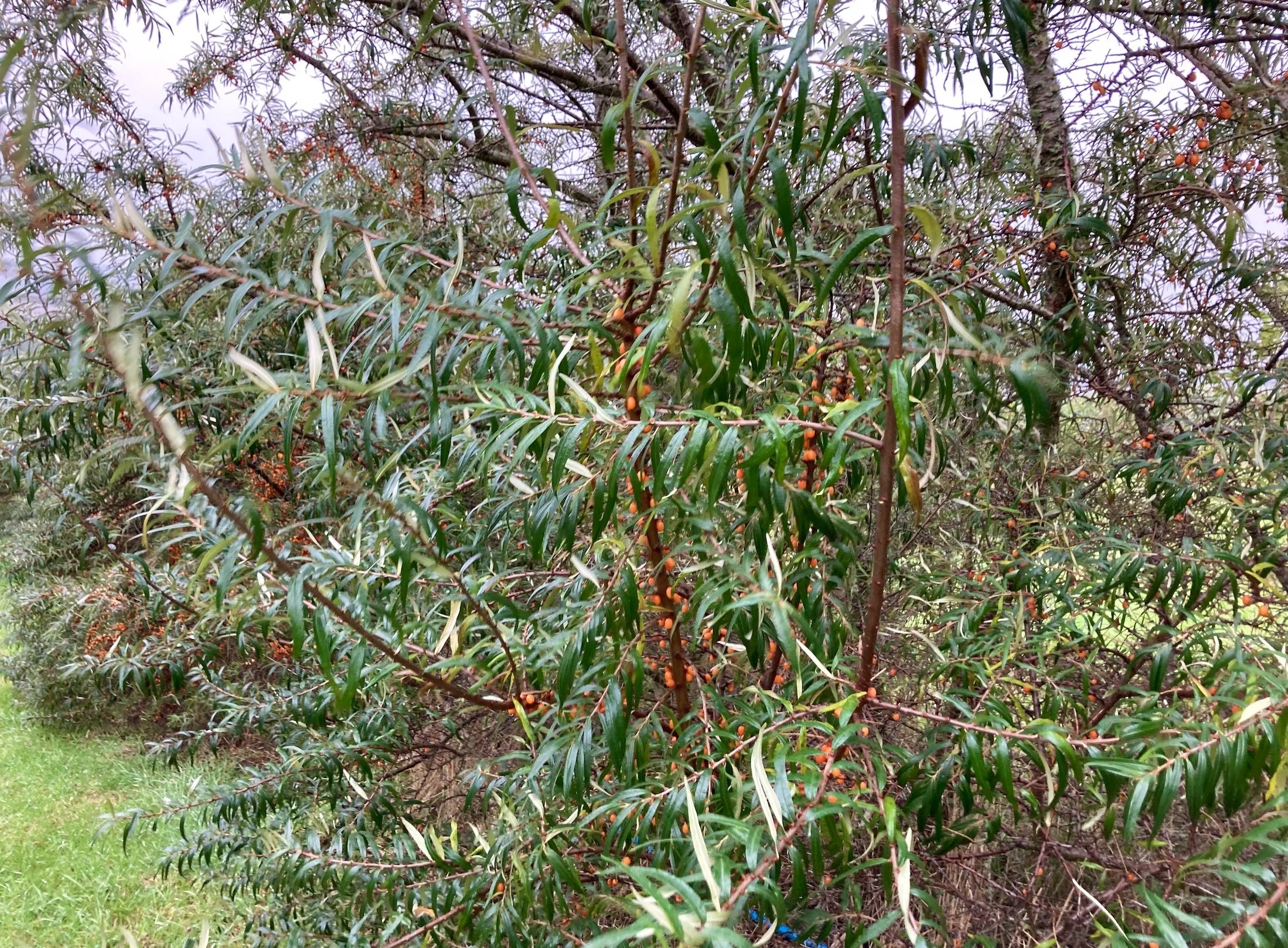
Accelerating Nature-Based Solutions
Spearheading food and farming innovation through regenerative design.
RegenfarmCo
RegenfarmCo (CIC) team has expertise across procurement, foodservice, and farming, with a focuse on scaling up regenerative agriculture across the UK. We support design projects that apply regenerative food production methods to enable novel supply chain opportunities through unique partnerships with farmers, foresters, and landowner.

Regenerative Agriculture encompasses conservation agriculture, mixed farming systems, agroforestry, and forest gardening techniques. At its core, it focuses on creating healthier soil by mimicking natural systems, such as young woodlands and forests, which are the most sustainable and adaptable land-based systems. A well-designed regenerative agricultural system can help create a more carbon-rich soil than seen in any other monocultural food systems.

Our Regenerative Design Approach
Our particular approach incorporates intelligent, regenerative design, creating mixed farming systems that store as much carbon as possible by employing diversity and density of different ecological features, mimicking the structure and layers of natural woodland & forests. To achieve this, we incorporate well-defined ecological design methodologies, Agroforestry & forest gardening.

Agroforestry
Agroforestry is the growing of both trees and agricultural/horticultural crops on the same land. They are designed to provide trees and other crop products and at the same time protect, conserve, diversify and sustain vital economic, environmental, human, and natural resources. Agroforestry differs from traditional forestry and agriculture by focusing on the interactions among components rather than just on the individual components themselves.

Forest Gardening
A Forest Garden is a designed agronomic system based on trees, shrubs and perennial plants. Forest Gardens have been used for millennia in tropical regions, and are designed in such a way as to mimic the structure of a natural forest, the most stable and sustainable type of ecosystem for our climate. The crops produced will often include fruits, nuts, edible leaves, spices, medicinal plant products, poles, fibres for tying, basketry materials, honey, fuelwood, fodder, mulches, game, sap products.

Sequestration
Carbon sequestration is the process of capturing and storing atmospheric carbon dioxide. It is one method of reducing the amount of carbon dioxide in the atmosphere with the goal of reducing global climate change. By deploying Agroforestry & forest gardening we are creating continuous productive landscapes focused on storing as much carbon as possible.

Novel Supply Chains
Our regenerative agricultural projects aim to support the adoption and commercialisation of UK organic perennial woodland foods, such as nuts, fruits, leafy greens and mushrooms, depending on locality. Perennial crops complete their life cycle or harvesting period more than two years after planting. Perennials maintain the soil cover, soil structure, and biota and have deeper root systems than annuals, thus providing soil stability.

Hyper-Localisation
As our farming systems change, we must develop more streamlined and localised logistic supply chain opportunities. A crucial part of our activity is supporting farmers, working with our commercial partners, and opening new opportunities for woodland foods. Foodservice companies are increasingly looking for more nutrient-dense, plant-based foods and this enables us to test woodland foods with our commercial partners to identify novel supply chain opportunities. Doing so will inevitably create new opportunities for employment and new commercial opportunities for start-ups.






